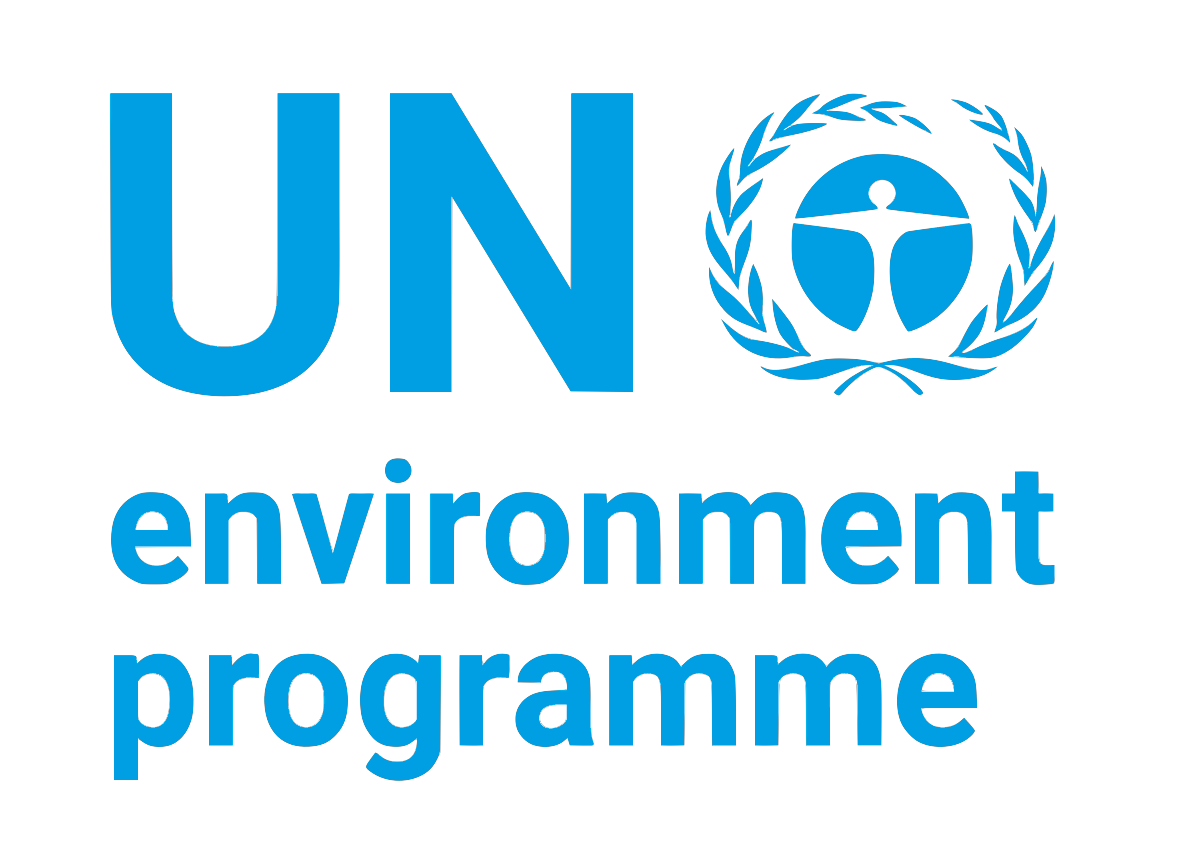Brazil - Plastic Reboot
Brazil
GEF ID:11182
Project Overview
Plastic Reboot’s Brazil Project aims to advance plastic circularity in the Food and Beverage (F&B) sector, by working with the HORECA (hospitality, restaurant and catering) sector, and aims to create a conducive policy and regulatory environment piloted in coastal cities. Five cities along the Brazilian coast were selected as "pilot cities" with different characteristics where the project will be implemented.
Brazil consumes 7.1 million tons of plastic per year, 87% of which is single-use plastic, with 27.9% attributed to the F&B industry. The HORECA sector is on the rise in Brazil with demand for F&B products, including through delivery, and is likely to push demand for single-use plastics unless there is a change in the prevailing business model for this industry.
The project will focus on the “upstream” and “midstream” phases of the plastic life cycle, aiming to promote plastic circularity in the F&B sector by working with the HORECA sector to create favorable policies and pilot environmental regulations in coastal cities in Brazil.
Project Components
Promote circularity in the private sector through pilots;
Enable regulatory and policy environment;
Drive behavioral and social changes;
Support national and program-level coordination, knowledge management and communication.
Plastic Reboot Brazil targets the following key cities: São Paulo, Baixada Santista, Rio de Janeiro, Salvador, Florianópolis, and Belém. These cities are home to 24.2 million people (51% women), of which 1.2 million people will directly benefit from the project.
Global Environmental Benefits
The project aims for a 20% (377,961 tons) reduction in single-use plastic consumed annually in the targeted cities. Pilot interventions will deliver an important portion of the expected impact by directly reaching out to some 100 establishments (500+ indirectly), including one major food delivery player and 50% female-led businesses. Relevant F&B and packaging industry players will be engaged. This program will reduce 1.2 metric tons of CO2e, while reductions in the release of persistent organic pollutants (POPs) into the air were estimated at 2.43 gTEQ.








